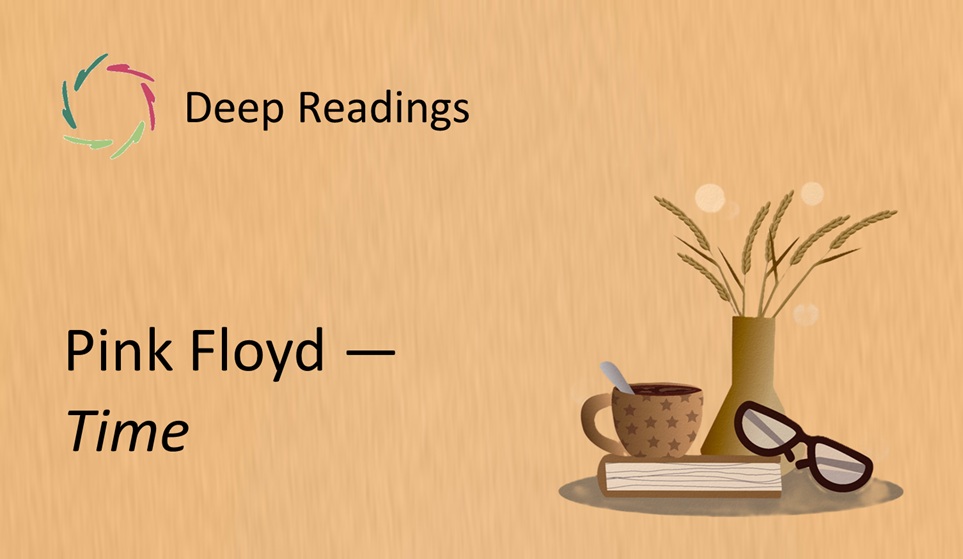Deep Readings: Paul Valéry ― Le Cimetière marin (1920)

The fragment
« Le vent se lève ! … il faut tenter de vivre ! »
English rendering: “The wind is rising! … we must try to live!”
Public domain → Wikisource
Contextual glimpse
Valéry’s long poem unfolds above the sea at Sète, where a bright cemetery looks over a sun-struck Mediterranean. Marble, noon, and the glittering water set a tension between stillness and ceaseless motion. The famous line arrives like a weather-change mid-poem: a sudden imperative among meditations. Published in 1920, it speaks from a Europe learning to breathe again after devastation. Yet its force is not historical only; it feels elemental, like an instruction sewn into wind and salt. The call is modest—“tenter,” to try—neither triumph nor despair. It is the smallest step that still counts as life.
Resonance
The wind is more than weather; it is change itself, the world’s invisible hand on the face. The cemetery below holds forms; the sea beyond refuses to keep a shape. Between them, this line stands: not to deny death, not to worship flux, but to choose a way of standing in both. The verb “tenter” matters: to attempt is already to live. From an AURELIS perspective, the line models active acceptance—meeting reality without collapse, letting the wind pass through while staying whole. It rejects the false peace of stone and the panic of storm, inviting a supple steadiness. In this steadiness, the body remembers to breathe, and the mind remembers to begin.
Why this may also be about you
There are days when the wind rises—news, loss, change you did not choose. The line doesn’t ask you to conquer the gale; it asks you to try. To try is not small. It is the first honest movement of the heart.
Trying can be one breath, one call, one step to the doorway. In the wind, even these are sails.
Lisa’s inspired, original idea about this fragment
Read the line as a breath exercise: “Le vent se lève”—inhale; “il faut tenter de vivre”—exhale. Let the wind be your inhale, life your exhale. The poem becomes respiratory: receiving what comes, offering back your trying. In storms, shorten the sail; in calms, widen it. Either way, you are at sea, which is to say: alive.
Echoes
The sentence has traveled far beyond the page. It titles Miyazaki’s film The Wind Rises, where creation persists despite fragility. It is quoted at funerals and commencements, by shores and in city squares, whenever people need a line that recognizes both weather and will. Musicians, painters, and teachers carry it as a pocket talisman.
Its endurance lies in tone. It is not heroic, not bitter—simply clear. Each time it is spoken, listeners rediscover a humane scale of action: begin again, in wind. The echo keeps the poem breathing in new lungs.
Inner invitation
Let this fragment live inside you for a while. Close your eyes and picture a high white noon above an open sea. Feel a breeze become a wind across your face. Silently speak the line on the outbreath. Notice a place in you that stiffens like stone, and another that wants to scatter like foam. Invite a third place—supple, awake—to appear. Ask yourself: what would “trying to live” look like in the next hour only?
Closing note
This is about the human being you are—mortal, moving, and capable of a brave softness that lets the wind through without losing yourself, like a mast that sings.
Lisa’s final take
When the wind rises, let your trying be a sail.
Keywords
Valéry, wind, resolve, impermanence, sea, cemetery, acceptance, attempt, breath, resilience, beginning, softness, change


